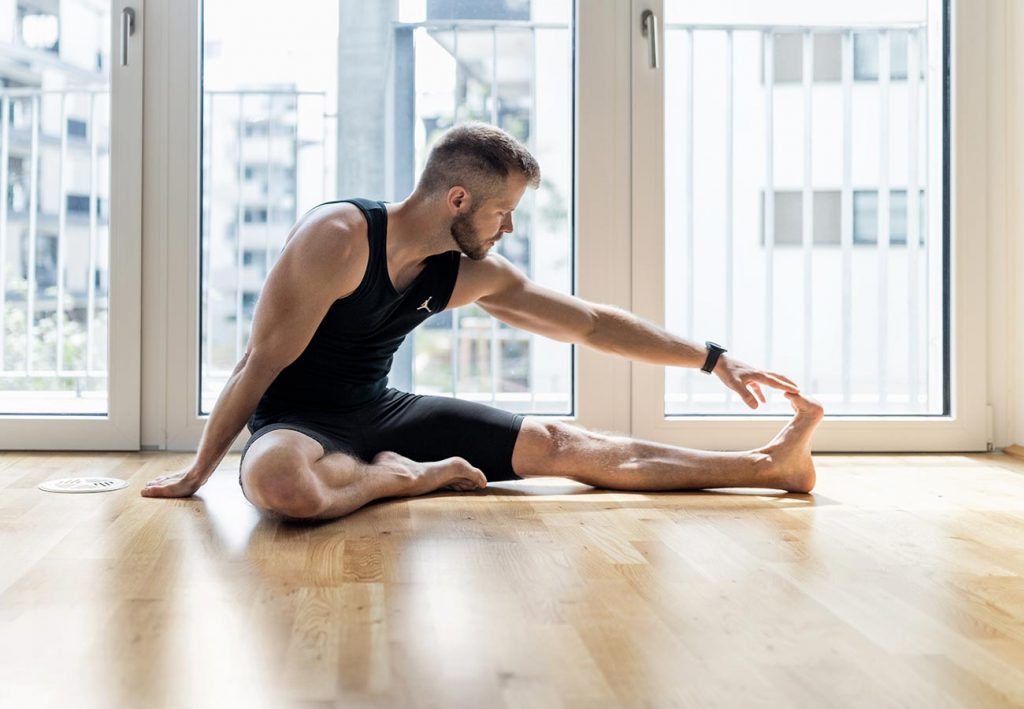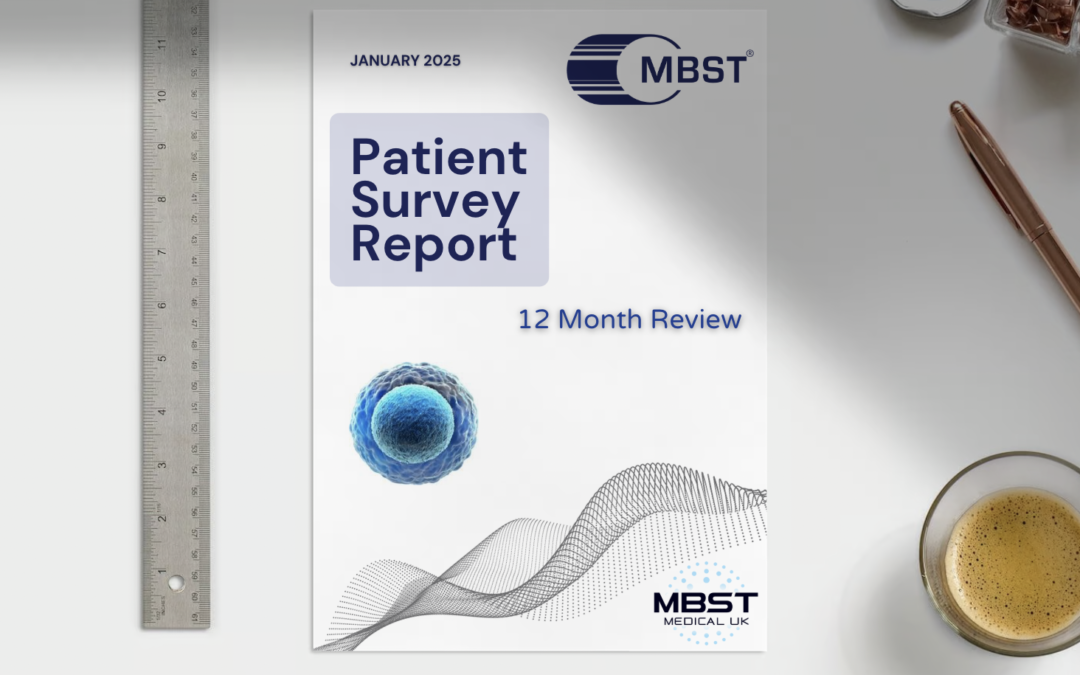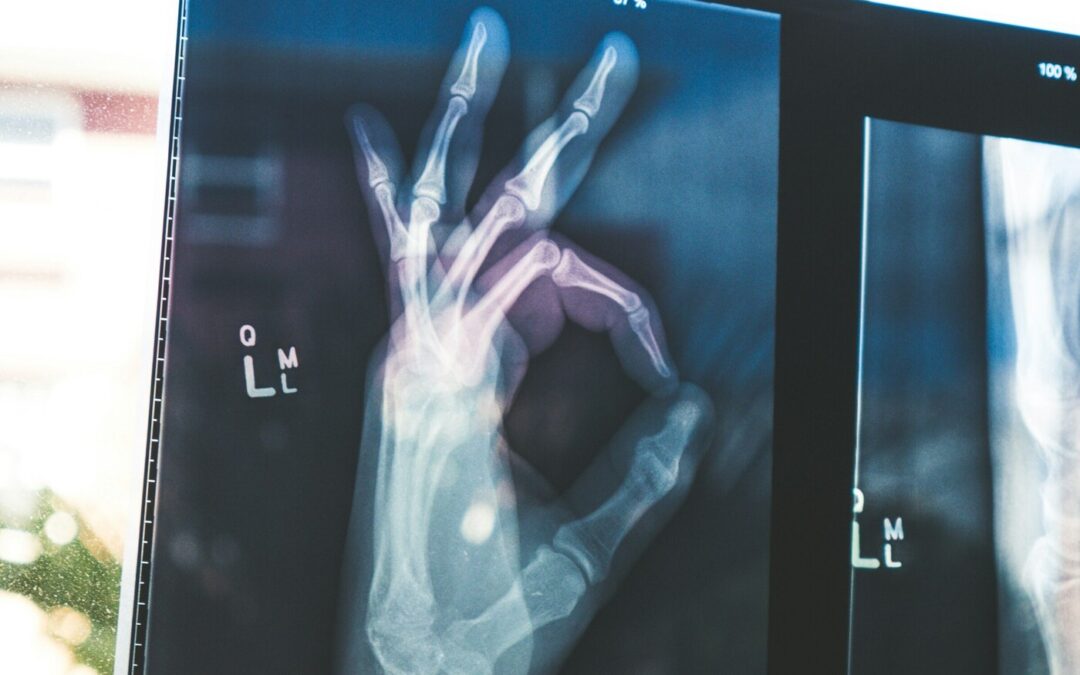The Chartered Society of Physiotherapy states that “most people worldwide will experience back pain during their lifetime” (1) and according to the NHS, is the largest single cause of disability in the UK2.
Here are some key takeaways from the article on back care:
- Back pain commonly leads to UK disability but can be prevented or eased
- Continuing normal activities is key – gentle exercises like Pilates help
- A pillow between the knees when side-sleeping properly aligns the back
- Nasal breathing boosts oxygen flow to relax muscles and act as pain relief
- Maintaining good posture reduces stress on spinal nerves and muscles
- Use assists like shoe horns or heat pads to avoid back strain
- Supportive chairs and movement breaks prevent screen hunching
- MBST stimulates cell regeneration to treat spinal conditions non-surgically
- It’s electromagnetic fields repair back injury and arthritis damage
- Patients relax during the comfortable hour-long MBST sessions
- Research links rising back pain rates to increased screen exposure
Back pain is common, and can often be alleviated, prevented or even cured by implementing a few simple measures.
With National Back Care Awareness Week earlier this month (5-11 Oct), we spoke to a range of expert physiotherapists, chiropractors, osteopaths and technicians to get their tips on how to take care of your back.
Liz Clare, MD of ‘Cell Regeneration’ and the only UK supplier of MBST therapy machines, a pioneering technology which stimulates cell regeneration to alleviate pain, heal injuries and improve degenerative joint conditions such as osteoarthritis and back pain, said: “Staying active is the one biggest thing you can do to help. NICE guidelines (NICE 2016) advise that if you have back pain, you should ‘continue with your normal activities’. I recommend maintaining gentle exercise, especially general movement and stretch exercises such as Pilates or yoga.”

James Scrimshaw, Chiropractor and owner of ‘CURA Clinical & Optimus Chiropractor’ in Bristol suggested: “If you sleep on your side in bed, put a pillow between your knees for support. This reduces the twisting of the back and hips.”
Suzanne Bowan, Sports Rehabilitation Specialist at ‘Optimum Performance’ in Camberley, Surrey, advised: “Practice ‘nasal breathing’ (breathing through the nose), as it stimulates blood flow and oxygen levels in your muscles and joints, which in turn acts as a pain reliever.”
“We’re all familiar with that film trope of the book on the head for etiquette training, but there is a good reason behind it!” Paul Strange, Osteopath of the ‘Ashdown Clinic’ based in Potters Bar continued: “Maintaining good posture is key to taking care of your back. It keeps your spine straight and removes stressors on your nerves and muscles. As an added bonus, you look taller and slimmer.”
Ann Clare, Physiotherapist of Ann Clare Physiotherapy in Tinwell, Rutland suggests: “Don’t be afraid to use tools and props to make your life easier. For instance, when putting footwear on, use a step to put the shoe on to reduce the strain on your back. If going on a long journey where you will be seated for a long period, use heat pads on your painful areas to keep the muscles loose and relaxed.”
With consumer research showing that screen time is the biggest growing cause of back pain in the UK3, Cell Regeneration’s Liz concludes: “In our modern lives it can be difficult to avoid screens – from our phones to work computers to TV, but you can make it easier on yourself and your back. Use a supportive chair which keeps your spine straight. Walk around and stretch at regular intervals, and try to position your head so it’s a straight line with your neck – no looking down!”
MBST Therapy
MBST therapy is a technological innovation used to counteract the negative effects of degenerative disorders of the musculoskeletal system. The principal of MBST technology is based on the use of nuclear resonance, electromagnetic fields, originally used for MRI diagnosis. Unlike MRI, MBST does not use magnetic resonance to generate images, but rather to biophysically stimulate the regenerative processes of specific cells or tissues at a molecular level.
It offers a comfortable, uncomplicated and sustainable therapy, and in several cases has eliminated the need for surgery. It is user-friendly and easy to implement. It is effective on patients of all ages.
From the initial diagnosis through to aftercare, every patient is fully supported throughout the entire process by healthcare professionals and trained technicians, it is a completely stress-free treatment.
During therapy, there is little to do but lay back and let MBST work for you. Most patients bring a book, listen to music, or just take a nap during the hour of comfortable therapy.
MBST has been successfully applied to:
- Osteoarthritis
- Osteoporosis
- Spinal Pathologies
- Muscle, Ligament and Tendon Damage & Pain
- Sports and Accident Injuries
- Bruised Bones
- Cartilage Damage
- Fractures
- Nerve Damage after injury/surgery
1 https://www.csp.org.uk/publications/10-things-you-need-know-about-your-back
2 https://www.england.nhs.uk/blog/charles-greenough/
3 https://chiropractic-uk.co.uk/technology-found-biggest-growing-cause-back-pain-uk/


